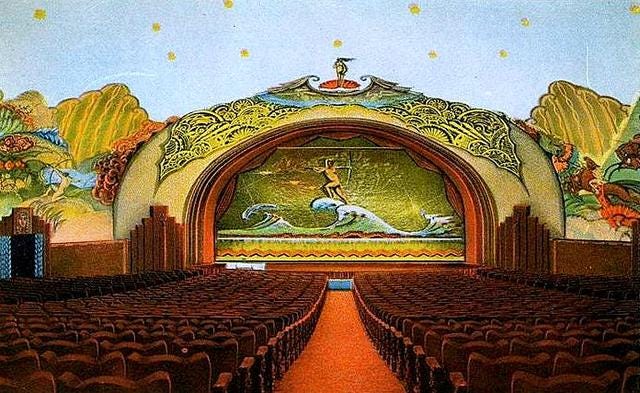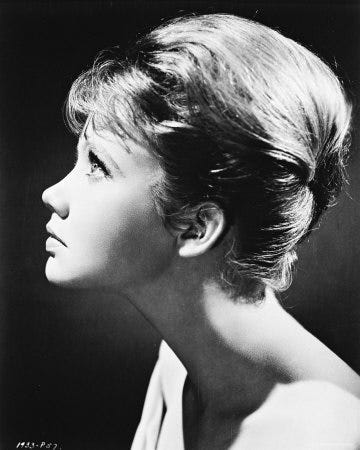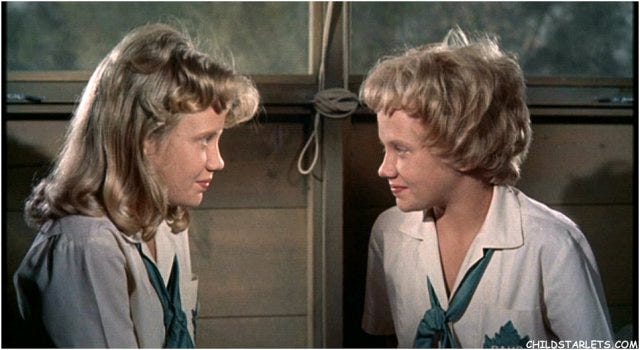I have only been to Catalina Island once, and I was seven years old. My grandfather’s immediate family lived on the island, and we visited them over the weekend. My mom and grandmother were there, and I have no memory of Granddad or father. We arrived there on a seaplane. That mode of transportation was scary and unique because it may have been the first time I had ever been on a plane. Landing on the water was something out of the cinema; it felt it should have been on a vast movie screen instead of my little un-important life. I have experienced beach life, especially Santa Monica beach, but the Catalina shore felt differently for some reason. Mainly because the ocean water was very clear, and I had never experienced the ocean that way. I now understand that the water is significantly polluted due to the island's sewer system, but in 1961, I remember being transfixed by the image of my toes as I walked into the ocean.
It was there that I ‘think’ I fell in love. Her name is Hayley Mills, and I went to see “The Parent Trap” at the Avalon Theater. It appeared to be a lighter version of the Chinese Theater on Hollywood boulevard. Here the theater was even more significant, and it shared the island's aesthetic at the time, which was art deco reliefs throughout the movie palace. And it was a palace to me because it was huge and decorated so beautifully. Of course, I fell in love with Hayley with such perfect surroundings. Not only that, but she had two roles in the film; she played a pair of identical twin sisters. Sitting there, I was overwhelmed with her image on the screen and in the theatrical setting of the actual location of the theater itself. The combination of her beauty matching the elegance of the theater was complex for me to distinguish between a woman's beauty and a beautiful building. I often think of a woman's attractiveness as a type of architecture.
Once I got home, I remember purchasing a Hayley Mills fan magazine. Such publications were widespread at the time. It had numerous photographs of her, and I spent that afternoon cutting the images out of the magazine and putting them up on my wall in Beverly Glen. I had a certain amount of attraction for the girls in my class, but Hayley Mills was something more extensive than that. It is like those girls I knew but projected into another dimension. Around this time, I saw “Whistle Down The Wind, ” a black and white film, which made it different from the technicolor images of “The Parent Trap.” In other words, this film was a projection of one’s nightmare compared to the sunlight world of the Disney film. This became even more of an obsession for me because it was the story of a young girl who finds a fugitive in a barn, thinking he is Jesus Christ. He wasn’t, of course, just a man running from the law, but he allowed her and the other children to believe that he was Christ. I loved the idea of the time when a gang of children was keeping a secret from the outside world. It made my world more powerful, and by seeing this film, I felt I was sharing a shared secret.
As a teenager, I started reading the works of the French film theorist André Bazin, and his thoughts on cinema criticism took me to think that it should be written by the critic who liked the film they are writing about. I concur with this manner of thinking because “The Parent Trap” may not be a great film, but to me, it was a significant work that somehow shaped my childhood. The same goes for “Whistle Down The Wind, ” a perfectly natural and logical position for a love-struck pre-teen like me.







That's not Jesus, he's just some feller!